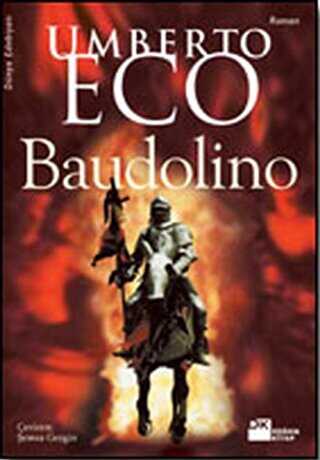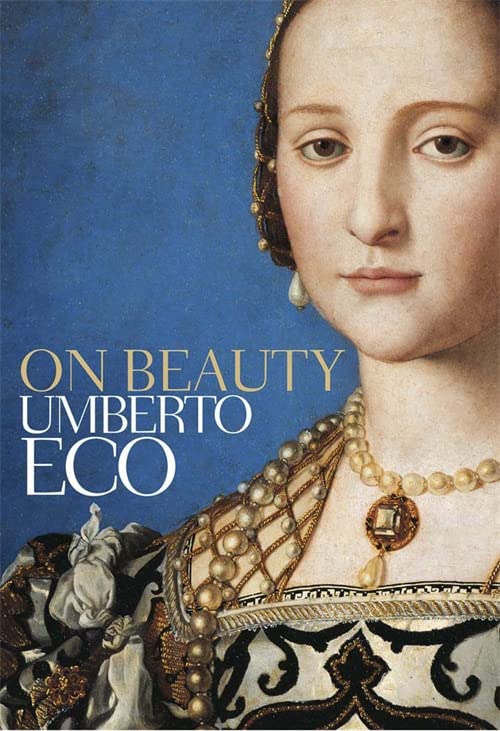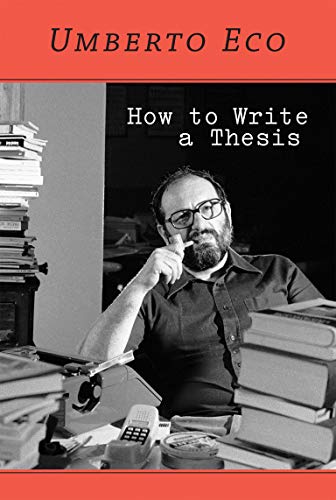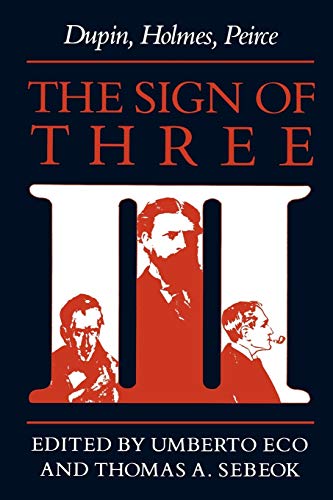
Baudolino Kısa Özet Umberto Eco bu romanında bize, bir cinayet gölgesinde şekillenen tarihin dışında, hayata dair her şeyi anlatıyor: mezhep kavgaları, şiddeti, savaşları, yok olma ve yeniden yaratılmayı, yalanları, kumpasları, inancı, aşkı ve tabiî tutkuyu. Kısa sürede imparatora danışman olan Baudolino, onunla Üçüncü Haçlı Seferi’ne katılır. Latinlerin 1204 yılında İstanbul’u yakıp yıktığı, her yeri talan ettiği döneme ve İmparator Friedrich’in kuşku uyandıran ölümüne de tanıklık eden Baudolino, Bizanslı tarihçi Niketas’la sohbetleri sırasında her şeyi yeniden kurgular. "Baudolino"da tarih, yalnızca bir fon. Eco, bu romanında bize, bir cinayet gölgesinde şekillenen tarihin dışında, hayata dair her şeyi anlatıyor: mezhep kavgaları, şiddeti, savaşları, yok olma ve yeniden yaratılmayı, yalanları, kumpasları, inancı, aşkı ve tabiî tutkuyu. Yazar hakkında: Umberto Eco (1932), bilim insanı, yazar, edebiyatçı, eleştirmen ve düşünür kimliğiyle 20. yüzyılın en önemli düşünce insanlarından biridir.Dünya kamuoyunun gündemine 1980’de çıkan ilk romanı Gülün Adı ile giren Eco’nun romanlarının ve bilimsel kitaplarının pek çoğu Türkçede de yayımlandı. Baudolino (2003), Kraliçe Loana’nın Gizemli Alevi (2005) ve Prag Mezarlığı (2011) adlı romanları ile Güzelliğin Tarihi (2006), Çirkinliğin Tarihi (2009), Yengeç Adımlarıyla (2012) ve Düşman Yaratmak (2014) adlı incelemeleri yayınlarımız arasında çıktı.



